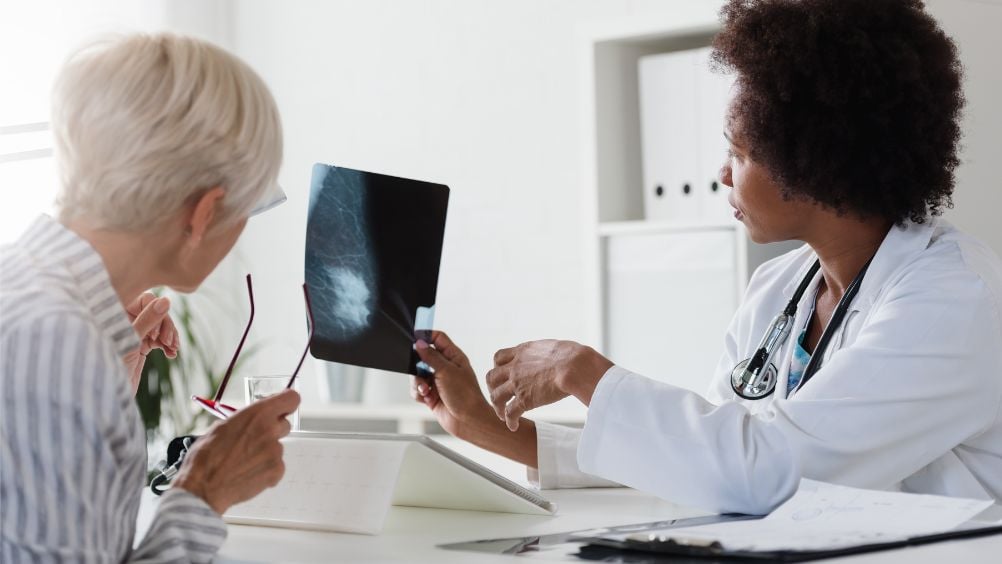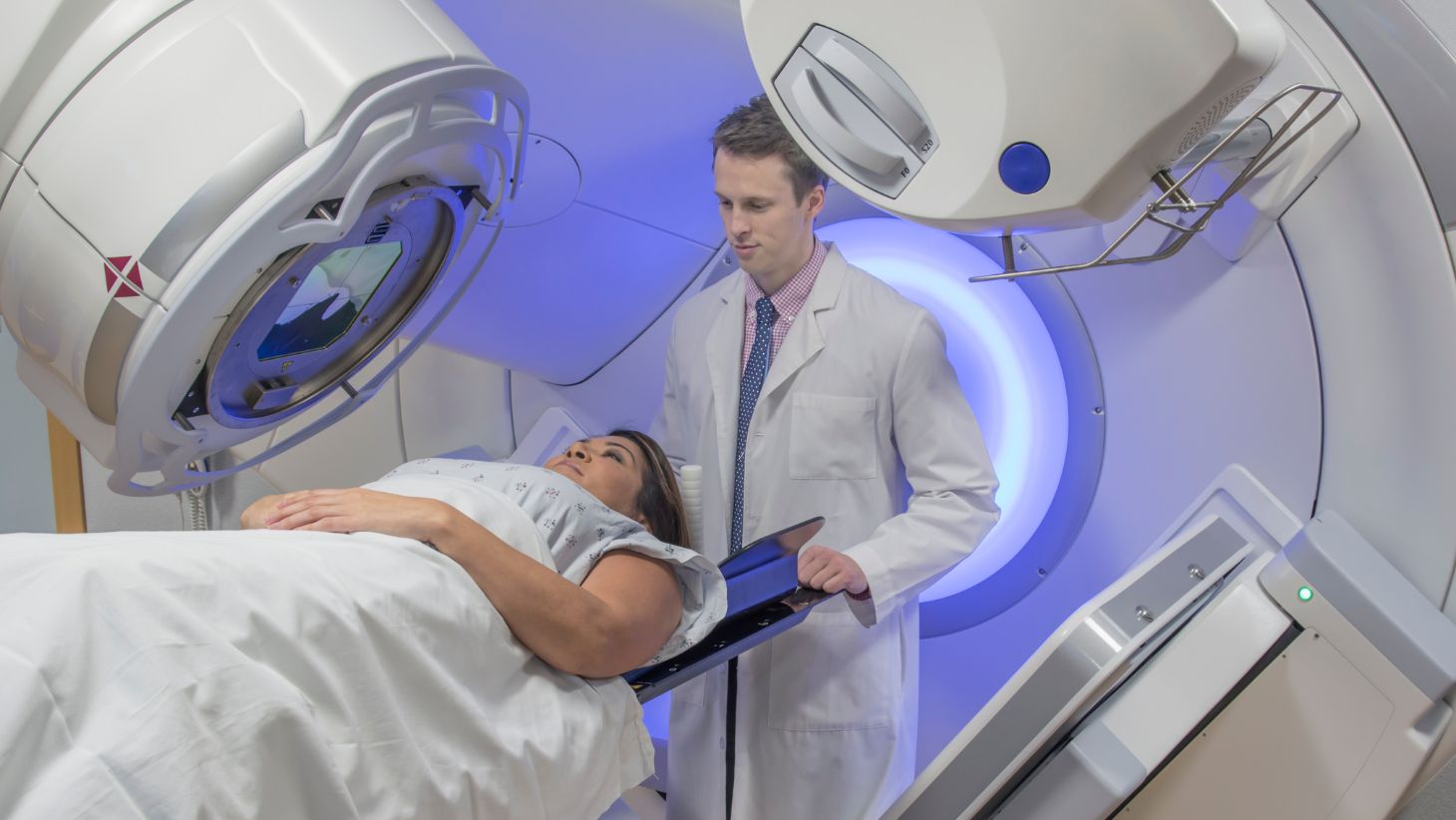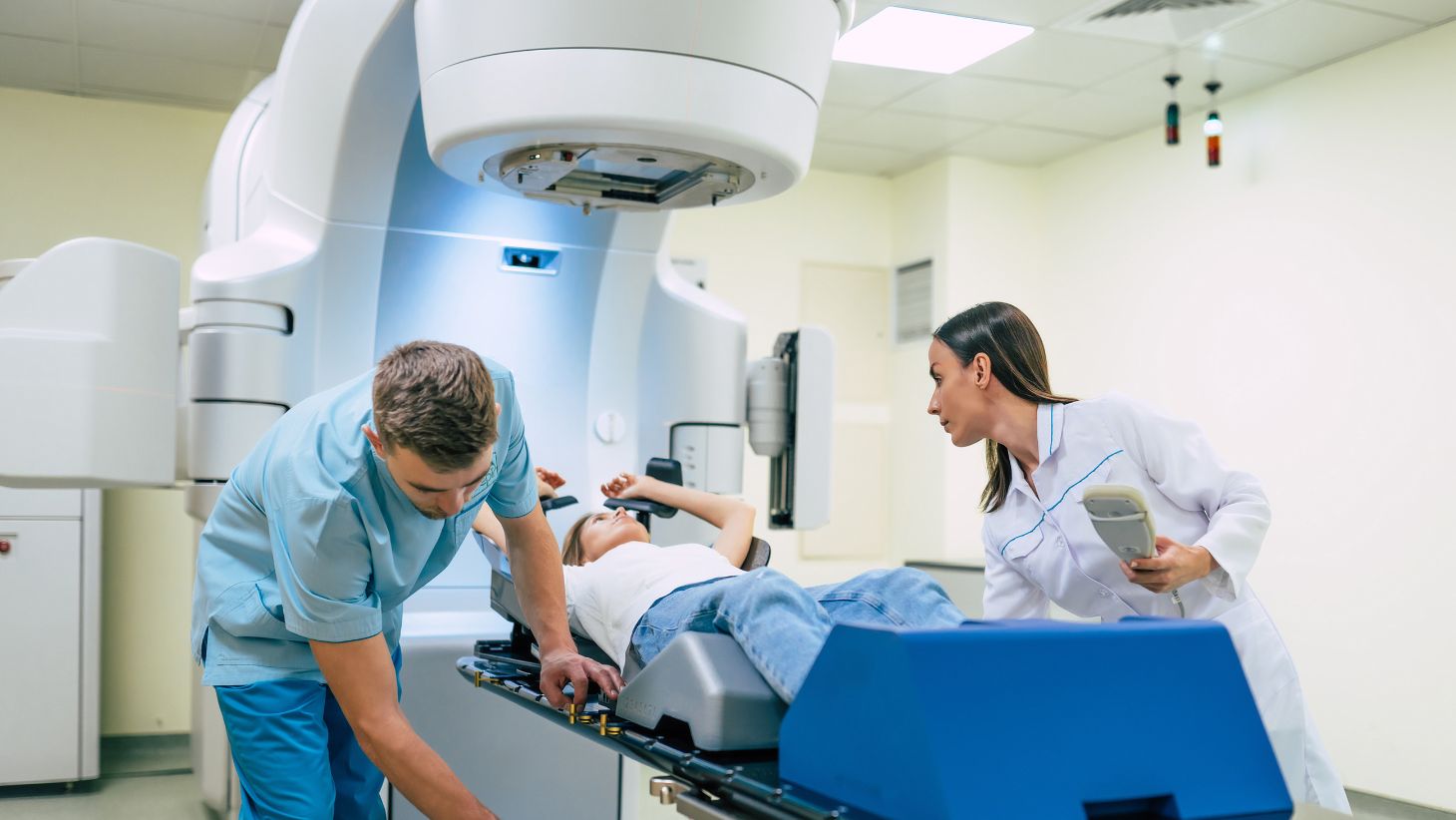When Samantha Chirillo completed breast cancer treatment, she found herself dealing with some uncomfortable side effects.
“As a result of the chemotherapy, I had neuropathy, which is pain and tingling in my fingers, and it was preventing me from sleeping,” she says.
Samantha turned to Dr. Stacy Dunn at Pacific Integrative Oncology in Eugene and found relief through acupuncture.
“My neuropathy is now 95% gone. Acupuncture has been really transformative,” Samantha says.
As fellows of The American Board of Naturopathic Oncology, Dr. Dunn and her colleague, Dr. Michelle Niesley, are naturopathic doctors who specialize in oncology. They provide patients evidence-based naturopathic therapies to improve quality of life during and after cancer treatment, helping to ease side effects, including nausea, fatigue, insomnia, neuropathy and even depression and anxiety.
“Integrative oncology is taking the best of what conventional medicine has to offer— chemotherapy, radiation and surgery—and blending it with things like appropriate dietary changes and supplements, including vitamins, herbs or other types of nutritional supplements that may be helpful,” says Dr. Niesley. Other complimentary therapies include acupuncture and massage, as well as mindfulness practices like meditation and yoga.
Willamette Valley Cancer Institute recognizes the benefits of integrative oncology and collaborates with providers in the community to help address patients’ needs, beyond standard cancer treatment.
“In addition to oncologists and cancer naturopaths, we’ve developed a network of specialty providers, including social workers, dietitians, psychologists, acupuncturists and massage therapists, to help patients address things like nutrition, reducing pain and stress and getting a better night’s sleep,” says Willamette Valley Cancer Institute medical oncologist Dr. Benjamin Cho. “Integrative oncology care is about bringing in other providers to help treat the entire patient, not just their cancer, and through means other than just medications.”
Collaboration Increases Patient Safety
It’s estimated that well over half of all cancer patients take dietary supplements while undergoing treatment. However, nearly half do not tell their oncologist what exactly they’re taking. By working with a patient’s oncologist and sharing evidence-based information, Drs. Niesley and Dunn can help reduce a patient’s risk for dangerous interactions.
“I always tell my patients that it’s their job to focus on getting better and it’s my job to help quarterback some of these other issues for them,” says Dr. Niesley. “And, so, let’s review those supplements that may be beneficial for you. Let’s have that conversation with your oncologist, so that everybody is aware of what is going on. The better that we can work together with the oncologist, the better that patient’s care is going to be.”
Along with oncologists at WVCI, Drs. Niesley and Dunn are also members of the Oregon Cancer Alliance and participate in regular tumor board meetings. Tumor boards are led by a pathologist and radiologist and attended by surgeons, medical oncologists, radiation oncologists and other specialists. The physicians gather on behalf of patients to discuss individual cases in detail. This kind of collaboration helps ensure patients get the best treatment possible. In addition, it helps expedite patient care by making it possible for multiple specialists to share information and ideas, which might otherwise take weeks.
Patients who need additional support are encouraged to connect with local resources, including Positive Community Kitchen, Oregon Cancer Foundation, the LIVESTRONG at the Eugene YMCA program, and the American Cancer Society.



